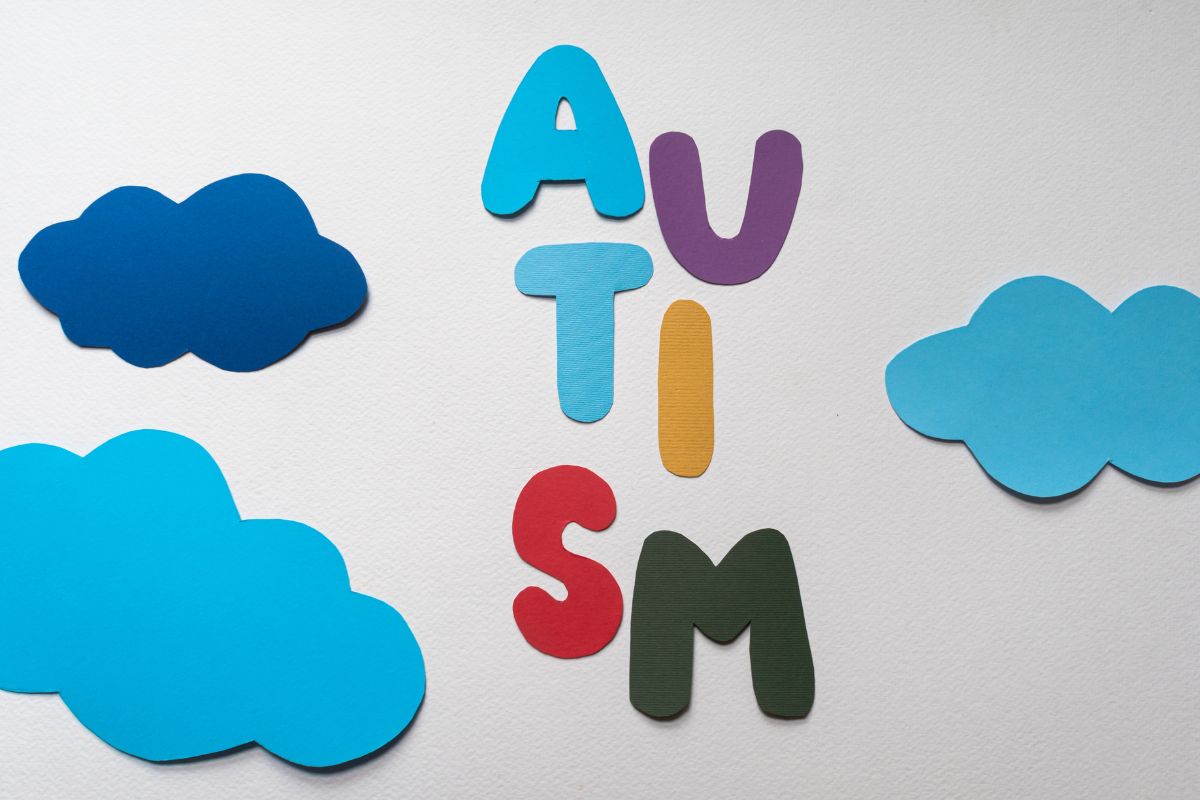Understanding the Reality
Is autism curable? This is a question that many people, especially parents and caregivers, often ask when faced with an autism spectrum disorder (ASD) diagnosis. The idea of a cure can seem appealing, but it’s important to understand that autism is not a disease in the traditional sense—it’s a neurodevelopmental condition. As such, it cannot be cured, but with the right support and interventions, individuals with autism can lead fulfilling and productive lives.

What Does It Mean When We Say Autism Is Not Curable?
When discussing the question, “Is autism curable?” it’s crucial to clarify what is meant by “cure.” Autism is a lifelong condition characterized by variations in communication, social interactions, and behavior. There is no medical treatment or therapy that can completely eliminate autism. However, this does not mean that individuals with autism cannot improve or live full and meaningful lives. With appropriate support and therapies, many people with autism can develop skills and coping mechanisms that allow them to thrive.
For the Best Doctor Consultancy, visit:
Early Intervention: The Key to Managing Autism
If you’re wondering, “Is autism curable?” you should know that early intervention is one of the most effective ways to manage autism. Studies have shown that children who receive early and appropriate interventions often make significant strides in their development. Early intervention might include therapies such as speech and language therapy, occupational therapy, and behavioral therapy. These therapies don’t cure autism but significantly help in improving communication, social skills, and daily functioning. For further information visit Delhi Mind Clinic.
Supportive Therapies and Treatments
While answering “Is autism curable?” it’s important to emphasize that although there is no cure, various therapies and treatments can help manage symptoms. These therapies focus on improving communication, social skills, and behavior. For example, Applied Behavior Analysis (ABA) is a widely used therapy that helps reinforce positive behaviors and reduce harmful ones. Similarly, speech therapy can enhance communication skills, and occupational therapy can assist in developing daily living skills. To learn more about therapies, explore the National Institute of Mental Health (NIMH).
The Role of Education and Special Programs
Education plays a vital role in managing autism. Schools and educational institutions are now more equipped than ever to provide specialized programs tailored to the unique needs of children with autism. Individualized Education Programs (IEPs) cater to each child’s specific needs, including supports like speech therapy, social skills training, and occupational therapy. These programs do not cure autism but help children reach their full potential. For further information on educational support, refer to the U.S. Department of Education.
The Importance of Family Support
Family support is crucial in managing autism. Families who are informed, supportive, and proactive can make a significant difference in the lives of individuals with autism. Understanding the condition, setting realistic goals, and celebrating small victories can create a positive environment that fosters growth and development. Family members can also benefit from support groups and counseling, providing emotional support and practical advice.
Conclusion: Focusing on Management, Not a Cure
So, is autism curable? No, autism is not curable, but it is certainly manageable. With the right combination of therapies, educational support, and family involvement, individuals with autism can lead fulfilling and meaningful lives. The focus should be on enhancing the quality of life rather than searching for a cure. Understanding and accepting autism as part of the diverse human experience is essential for creating a more inclusive and supportive society.
You can visit our more Blogs on:

